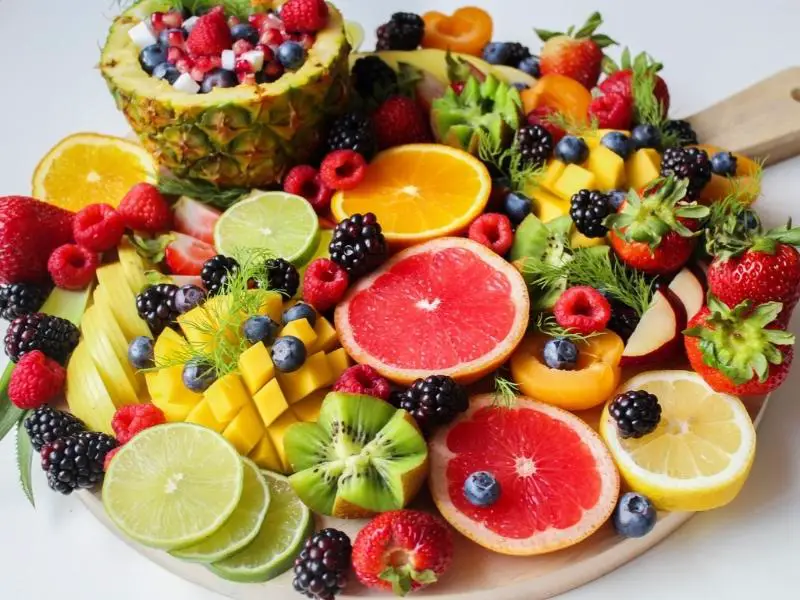U is often used in reference to fruit because it is the shortest non-unique letter when referring to the fruit.
It also provides a nice ring sound when saying “fruit.” As such, many fruits have words or phrases associated with them that begin with the letter “U.”
1. Unripe Bananas (a type of green banana)
Unripe bananas are similar to their ripe counterparts in nutrient composition. However, they do differ slightly in terms of anthocyanins.
While unripe bananas contain 16 mg/100g of cyanidin-3-glucoside, this number is higher than that found in ripe bananas which contain just 3mg/100g.
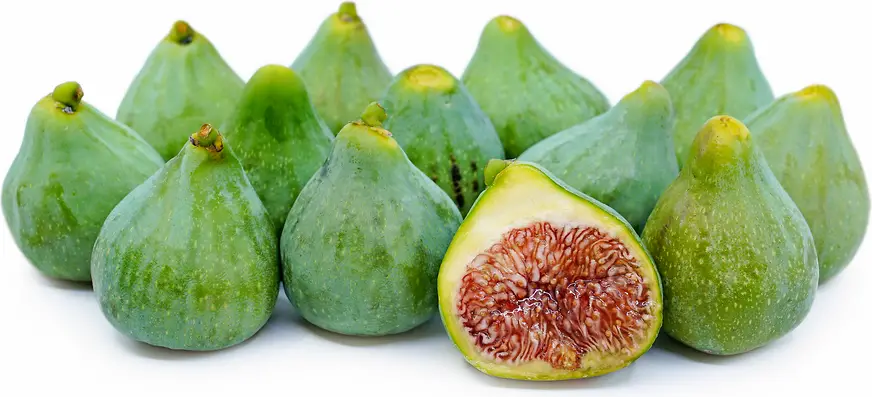
2. Unripened Figs (typically between green and brown)
While it seems obvious that unripe figs are not yet ripened, what may be less clear is that unripened figs are typically difficult to eat because they lack the sweetness and have a tough texture.
>> You may also like: Where Is Cornstarch In The Grocery Store?<<
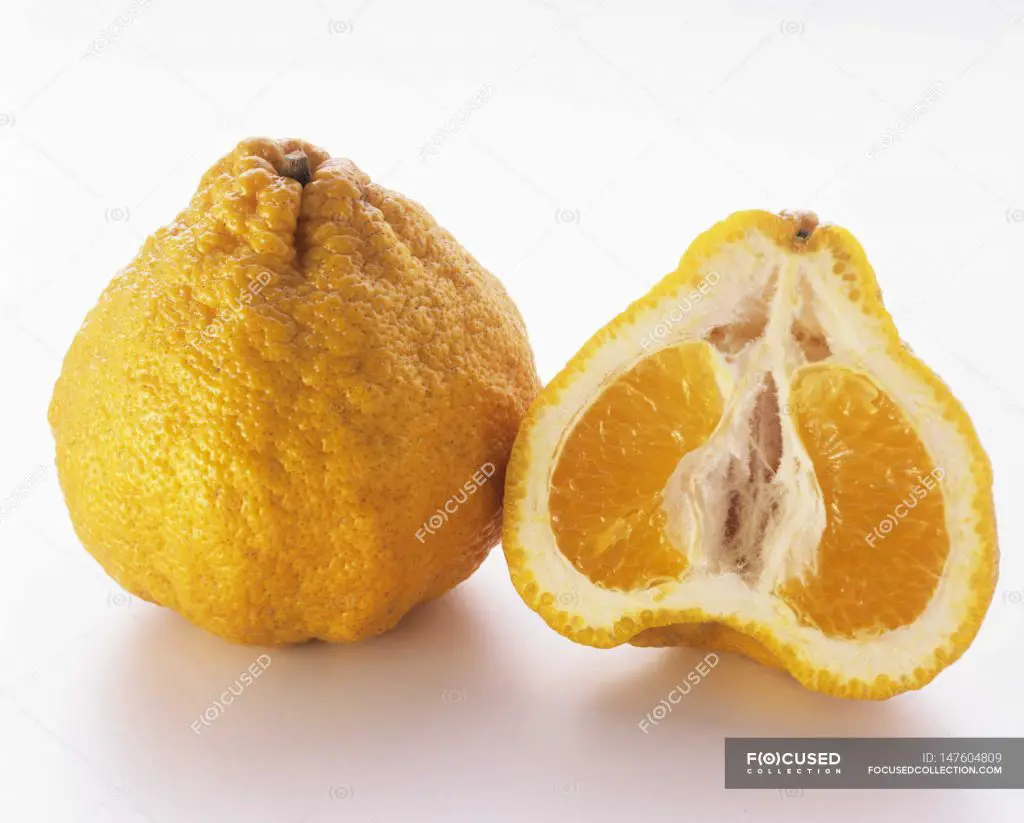
3. Ugli Fruit
Ugli fruit has a unique appearance that separates it from other citrus fruits.
While it can sometimes be difficult to determine the color of an ugli fruit, the fact that it is usually covered with greenish-yellow rind makes this fruit stand out.
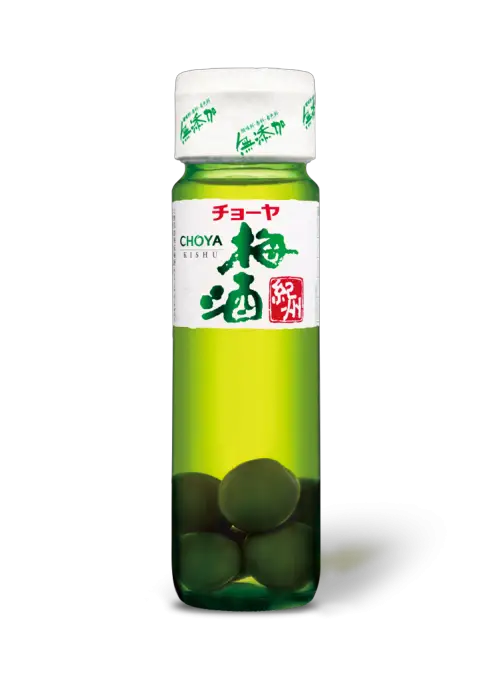
4. Umeshu (plum wine)
This Japanese beverage is made by adding sugar and shochu (a distilled liquor similar in alcohol content to vodka) to green or unripe ume plums.
This process helps make umeshu sweeter after fermenting for several months, but also allows it to retain some acidity.
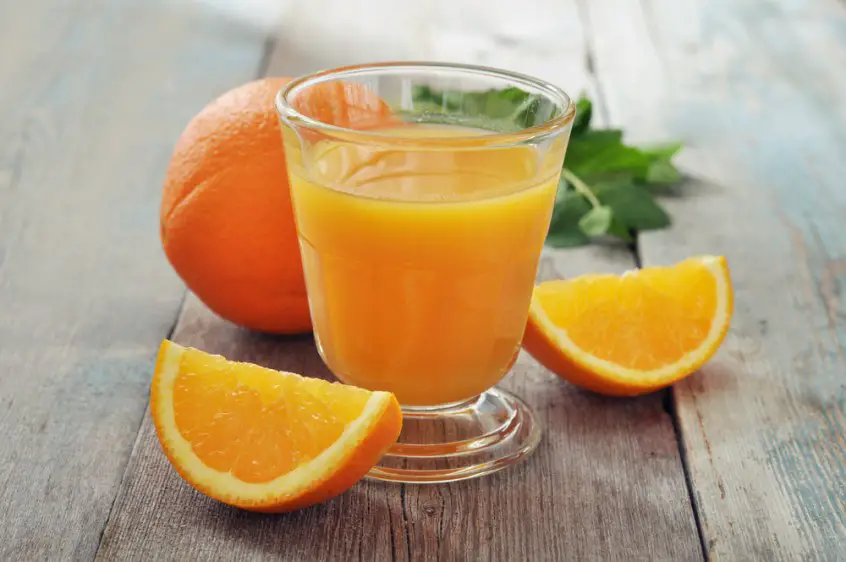
5. Union Juice Orange Juice
The term “orange juice” actually refers to juices derived from several different fruits within the Citrus genus, including oranges.
However, most orange juices are derived from the fruit of the same name.
>> You may also like:What’s The Difference Between Dates And Prunes?<<
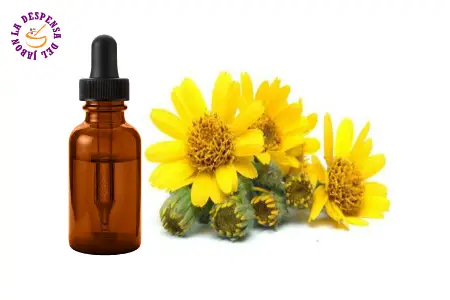
6. Urnicot urnicoside extract
Published studies have indicated that this component of milk thistle may be responsible for some beneficial effects associated with ingestion, but more research is necessary to confirm these findings.
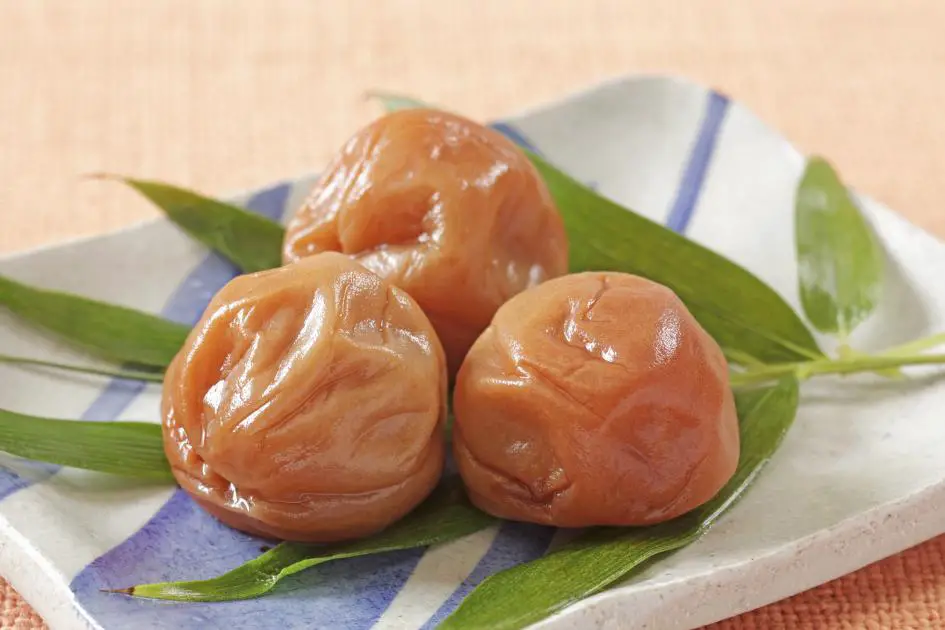
7. Umeboshi Plums (pickled plums)
Similar to unripened figs, umeboshi plums are often found in Japanese cuisine and can be used as an accompaniment to many dishes including rice balls (onigiri).
8. Uni-President Milk Tea (a Taiwanese beverage company)This Taiwanese beverage company was founded by Lin Hsiu Hui in 1972.
The company has expanded into other products, but their original product was Uni-President Milk Tea.
>> You may also like: Where Is Lemongrass in the Grocery Store?<<
9. Umeme (Ugandan power company)
The history of this Ugandan energy provider is one that includes corruption and mismanagement. However, it continues to exist as a government-owned enterprise.
A)Is it bad to eat blackberry seeds?
Blackberries are not toxic – no matter which part of the berry that you eat, what you need to be careful about is any potential allergy that you may have.
If there is one then obviously the seeds will trigger its expression.
B)Why are blackberries called blackberries?
This is because the fruit of the plant has a dark color.
This name distinguishes it from other fruits which are considered to be berries but have lighter colors (e.g., raspberry and strawberry).
C)Are blackberries named after the color?
No! Blackberry plants produce fruit that’s true to their name: fruit with a deep purple-black hue.
The scientific name for this species of plant isn’t quite so straightforward – it’s both complicated and descriptive: Rubus fruticosus.
And, if you translate ‘fruticose into English, you get “shrubby” or “bushy.”
That’s exactly what this type of bramble ‘shrub’ is: a tangled, thorny bush that usually grows 4 to 6 feet (1.2 to 1.8 meters) in height.
Most species of blackberry plant form thickets, which serve as homes and protective havens for a variety of wildlife and birds .
D)Can you eat blackcurrants raw?
The unripe fruit has toxic substances which can be poisonous if eaten in large quantities.
Eating unripe fruit may cause stomach upset and diarrhea, so we recommend eating ripe fruit only.
E)Do blackberry seeds have cyanide?
Cyanide poison can be found in all parts of the Blackberry plant except the fleshy part of the berry itself.

